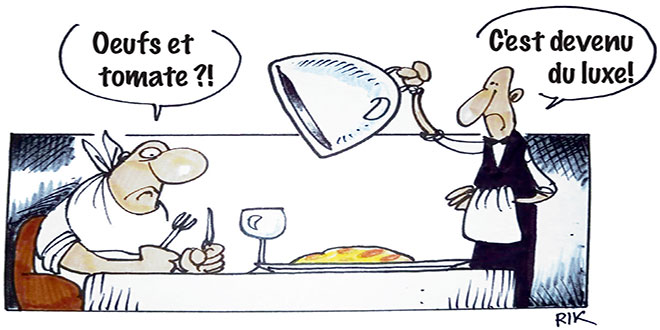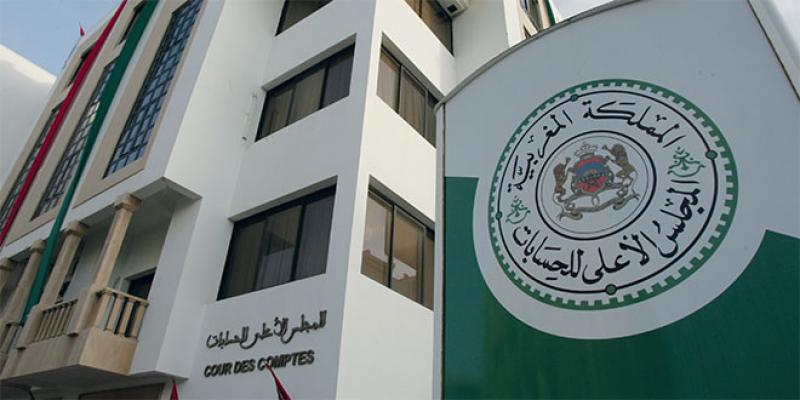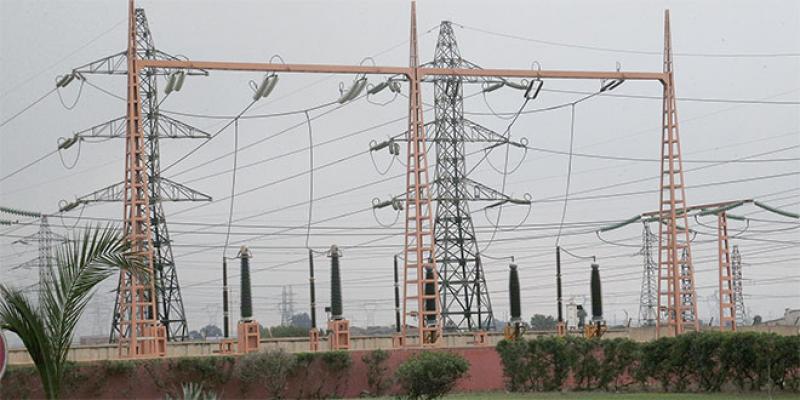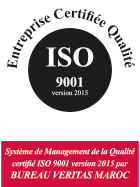The price of tomatoes on local market stalls is on the rise again. Last Saturday December 16, prices reached 15 Dirhams (one and a half US dollar) per kilo in Casablanca, a price considered exorbitant by consumers interviewed by L’Economiste. They are worried about a record price hike as Ramadan approaches. What are the reasons behind this trend?

According to Apefel (Moroccan Association of Fruit and Vegetable Producers and Exporters), supply is down. «Poor weather conditions, marked by long periods of heatwave, have had an impact on tomato production. In August, temperatures exceeded 50 degrees Celsius. The damage is enormous. Tomato production fell back and supply was reduced. This explains the rise in prices», stressed APFEL, contacted by L’Economiste. November is an exceptional month. Previously, the farm-gate price per kilo did not exceed 2 Dirhams (USD 0.2). Last month, it varied between 5 and 8 Dirhams (USD 0.5 to 0.8).
Comader (Moroccan Confederation of Agriculture and Rural Development) points out that the cold snap currently affecting the country is likely to delay the growth of tomatoes. The situation is further complicated by the ToBRFV (Tomato brown rugose fruit virus). The virus has affected tomato crops, causing «significant yield losses». The situation is «critical». Is there a risk of shortages in the coming months? Comader President Rachid Benali reassures us. «There is no risk of a shortage. Solutions will be found», he assures. According to this professional, «meetings were held last week between professionals and the Secretary General of the Ministry of Agriculture to discuss the situation», he pointed out.
As a reminder, the Government provides subsidies to support tomato production. Subsidies are granted for the purchase of seeds and seedlings for round tomatoes, onions, and seed potatoes at between 50% and 70% of their value.
Exports also down
Tomato exports are also falling. «As of December 1, 2023, shipments were down 30% on the same period last year», says the Moroccan Association of Fruit and Vegetable Producers and Exporters (APEFEL). Over the years, Moroccan tomatoes have succeeded in conquering the international market, particularly in Europe (France, Belgium, the Netherlands, and other countries). Its customers also include the United Kingdom. The decline in production risks damaging Morocco’s share of the international market.
Khadija SKALLI


























